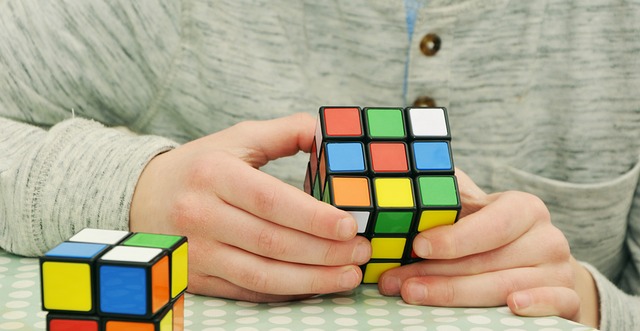Often, when we think about play-based therapy activities, we associate them with young children. However, Claudia Doan writes an insightful article on how play-based approaches can be highly beneficial for older students, providing valuable opportunities for learning. While many older students are typically interested in video games and sports, Doan discusses how engaging in playful activities can enhance motivation, participation, and the generalization of skills.
In my own experience, I’ve observed how these activities foster friendly competition between the therapist and the student. The article highlights some excellent examples of dramatic, constructive, and exploratory play. Below are a few session ideas that I have brainstormed and worked with in the past:
Session Ideas:
Dramatic Play:
Game Show (e.g., Jeopardy)
Targets: Any topic of interest, incorporating activities like asking/answering questions, scorekeeping, organizing information, and expanding vocabulary.
Constructive Play:
Simon Says
Targets: Improving temporal language concepts, positional, quantitative, and temporal language skills (e.g., “Simon says, find the green Easter egg behind the red bench.”)
Exploratory Play:
Design Your Dream School
Targets: Enhancing social pragmatic skills and written expression (e.g., answering the who, what, where, when, and how).
“Using Play-Based Approaches to Build Language in Older Students.” Blog Post Digital Object Group, 19 Jan. 2021, https://doi.org/10.1044/2021-
Get a Free Online Assessment
Looking for an expert opinion on your child's needs? Fill out a 3 minute questionnaire and receive a personal evaluation from our staff




